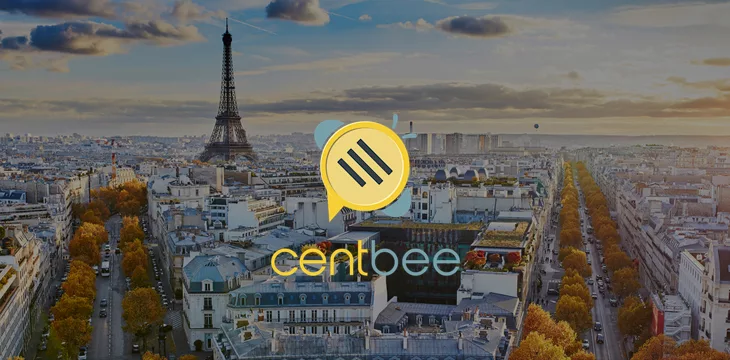El Salvador’s President Controversially Bets on “Volcano Bonds” Linked to Bitcoin:

The president of El Salvador, Nayib Bukele, plans to issue debt securities in bitcoin to oxygenate public finances, but his offering of the so-called “volcano bonds” may be unattractive to investors, economists warn.
With the approval of the Digital Assets Law on January 11, the president has opened up the issuance of about $1 billion worth of bitcoin bonds, although a former president of the Salvadoran central bank doubts they will be well received in the market.
“I don’t think there’s much appetite,” said economist Carlos Acevedo.
In November 2021, at an international forum on bitcoin, Bukele announced that he would issue cryptocurrency debt to build “Bitcoin City”, a city in the east of the country that would be powered by geothermal energy from the Conchagua volcano.
But last week, in its annual review of El Salvador’s situation, the International Monetary Fund (IMF) suggested caution.
“Given the legal risk, fiscal fragility and largely speculative nature of crypto markets, governments should reconsider their plans to expand [Salvadoran] government exposure to bitcoin, including the issuance of tokenized bonds,” the IMF said in a statement.
In September 2021, Bukele made El Salvador the first country in the world to adopt bitcoin as legal tender, alongside the dollar, which has been in circulation since 2001.
He did it with the aim of banking 70% of the population excluded from the financial system and making it cheaper to send money transfers from abroad to Salvadoran families, but the cryptocurrency has had little acceptance in the country.
In 2022, El Salvador received $7.742 billion in remittances, but only 1.6% of the total came in bitcoin, according to the Central Reserve Bank (BCR).
In addition, the bitcoin price plunged: after trading at $68,000 in November 2021, it is now bordering $24,000.
Failed effort
In Salvadoran commerce, there are few transactions in bitcoin.
“In the beginning, out of every 20 people, 10 wanted to pay with bitcoin; now in a week there are two or three people,” Carlos Torres, who runs a coffee shop in the center of San Salvador, explained to AFP.
In addition, a survey by the Central American University (UCA) showed that 74% of Salvadorans did not use bitcoin in 2022. Bitcoin “has been a failed bet from the population’s point of view,” UCA vice-chancellor Omar Serrano told AFP.
It is the “only” Bukele measure that fails to convince Salvadorans, despite the high level of support the president has received for his crusade against gangs, he added.
For the economist Rafael Lemus, bitcoin is a “failed” policy, because “it does not respond to a concrete need of the population”. Paradoxically, according to Acevedo, the low acceptance of the cryptocurrency spared Salvadorans from suffering losses when the price fell. “[People’s] Salvation has been in the failure of bitcoin in the country, he noted.
Sleeping millionaires
The sale of bitcoin bonds “is going to depend on the interest rate” offered by the government, because the higher it is “the more attractive it will be to those who buy,” economist Ricardo Castaneda of the Central American Institute for Fiscal Studies (Icefi) told AFP.
That the bonds help raise the first bitcoin city “can have a positive impact on the crypto world in general” and is taken into account “when you lend money,” he also noted.
But Acevedo warned that the bonds would come to market in a “volatile” environment. “At least this year, I don’t see that we will be able to stimulate a favorable environment to issue debt,” he said.
Meanwhile, Lemus said El Salvador’s fiscal situation “is unsustainable”, with a public debt equivalent to 80% of GDP, so “buying volcano bonds is a speculative venture (and) practically one has to find sleeping millionaires”.
Bukele allocated 107 million dollars for the purchase of bitcoin from September 2021 to October 2022. Last November 17, he announced that he would buy one bitcoin per day, without specifying how long.
In line with the president, Salvador’s ambassador to Washington, Milena Mayorga, was optimistic that “big companies” will buy the bonds.
“We were in Europe talking to potential buyers and I think it will be important for President Bukele’s plans,” the diplomat told Salvadoran state-owned Canal 10.














![Bitcoin [BTC] losing grip on $28k as interest rate hikes continue, unabated Bitcoin [BTC] losing grip on $28k as interest rate hikes continue, unabated](https://www.cryptoproductivity.org/wp-content/uploads/2023/03/po-2023-03-23T073741.604-1000x600-120x120.png)









